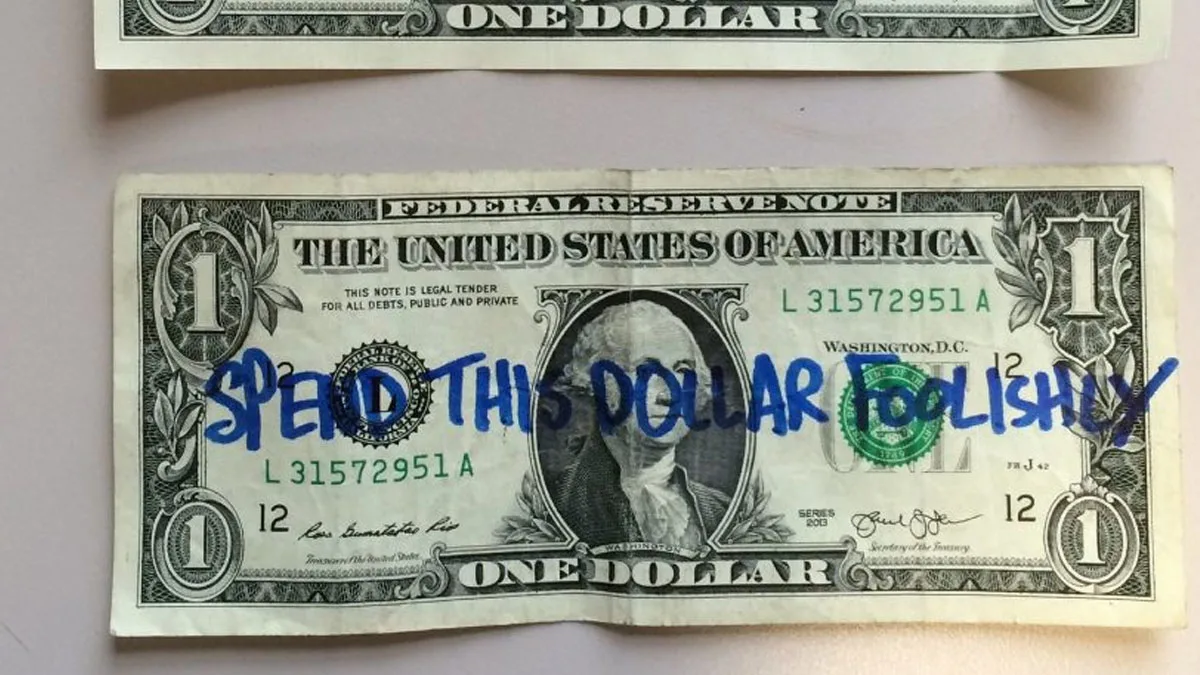In the United States, the question of whether it is illegal to write on money is a topic that often sparks curiosity and debate. Given the ubiquity of currency and the myriad ways it circulates throughout society, it’s important to understand the legalities surrounding the defacement or alteration of US currency.
Legal Framework
The United States Code (USC), specifically Title 18, Section 333, outlines the legal stance on defacing currency. According to this section:
“Whoever mutilates, cuts, defaces, disfigures, or perforates, or unites or cements together, or does any other thing to any bank bill, draft, note, or other evidence of debt issued by any national banking association, Federal Reserve Bank, or the Federal Reserve System, with intent to render such bank bill, draft, note, or other evidence of debt unfit to be reissued, shall be fined under this title or imprisoned not more than six months, or both.”
This law indicates that writing on money is technically illegal if the action renders the currency unfit for reissue. The critical factor here is the “intent” behind the defacement. If the purpose is to damage the bill to the point where it cannot be used again, then it is illegal.
Interpretation and Enforcement
In practice, the enforcement of this law is relatively lenient. Everyday activities, such as writing a phone number on a dollar bill or businesses stamping advertisements on notes, are common and rarely prosecuted. The primary concern of the law is to prevent significant damage to currency that affects its usability and longevity in circulation.
Examples of Illegal Defacement
Illegal defacement typically involves actions that significantly alter the bill’s appearance or function. Examples include:
- Cutting or tearing the bill.
- Burning or otherwise destroying part of the bill.
- Adding or removing material in a way that changes the bill’s value.
Penalties
Violations of Title 18, Section 333, can lead to fines and up to six months in prison. However, penalties are usually applied in severe cases of defacement, where there is a clear intent to undermine the currency’s integrity.
Conclusion
While writing on money is technically illegal under US law, the application of this law focuses on preventing significant damage to currency. Small markings or writings without the intent to harm the bill’s reusability are generally overlooked. Nonetheless, it’s important to respect US currency as a symbol of the nation’s economy and avoid any actions that could be construed as defacement.
References
Title 18, Section 333: https://www.law.cornell.edu/uscode/text/18/333









Leave a Reply